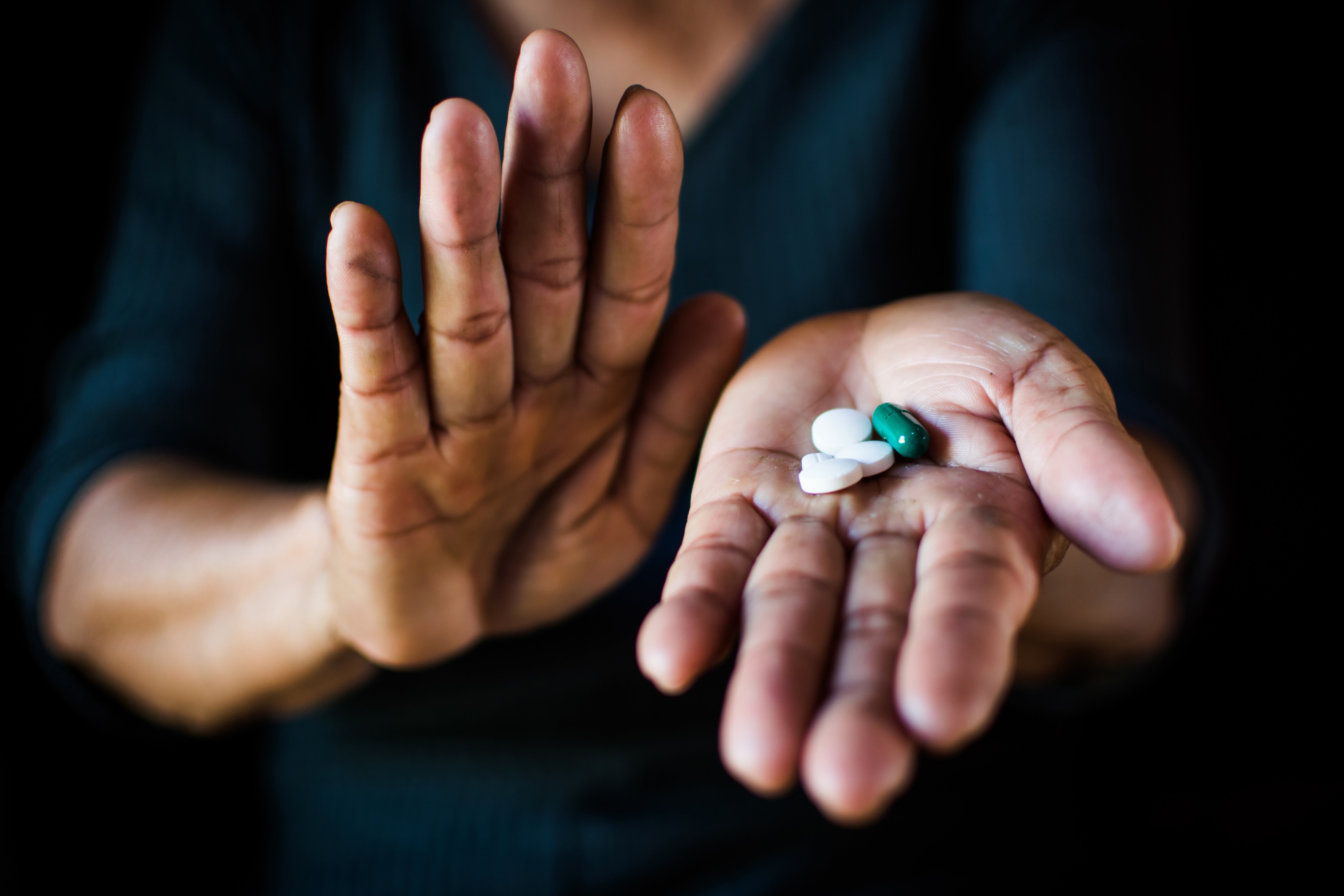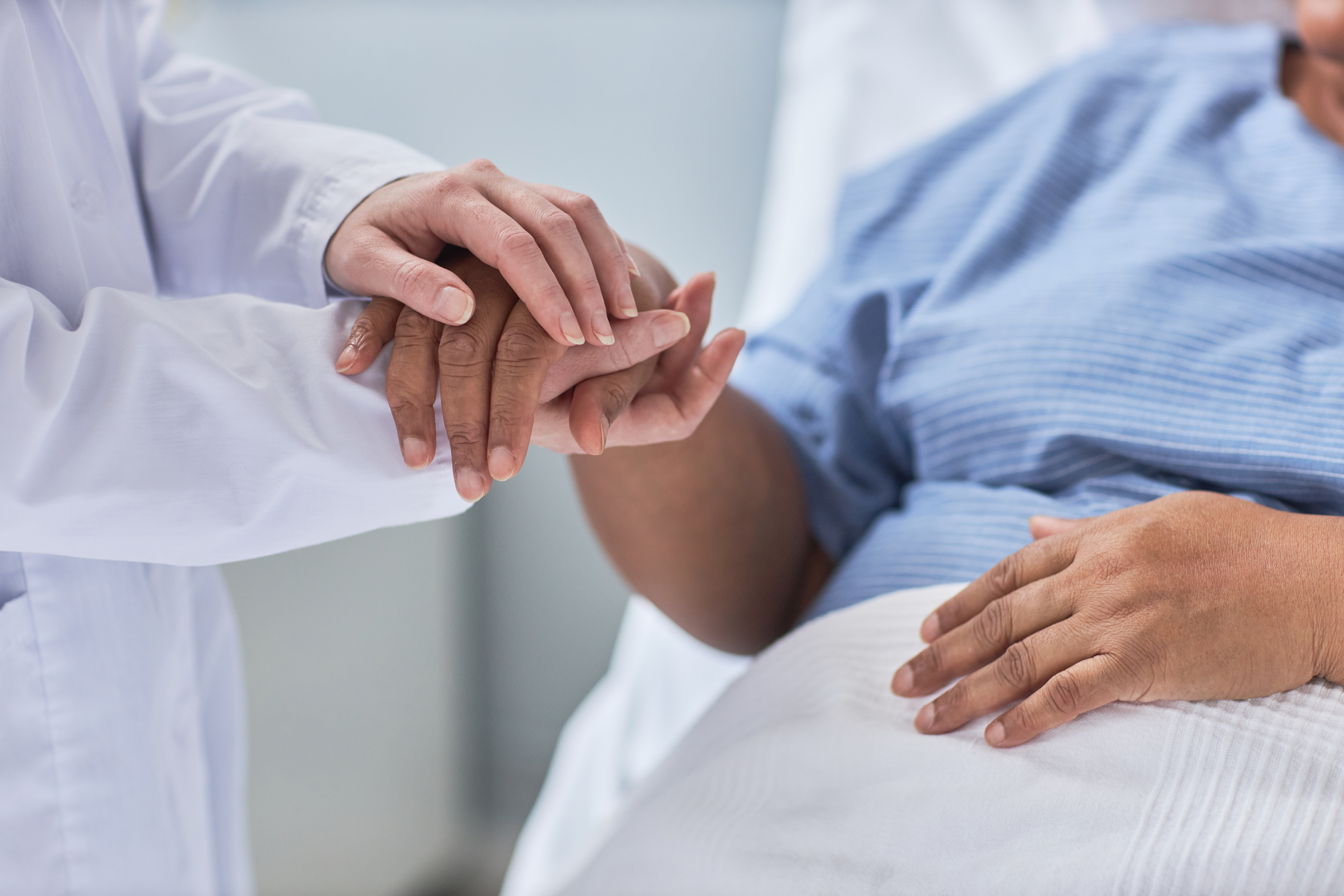Tell us about your previous experience as a community health worker.
Prior to joining Ichor, I worked with Bronx Community Health Network, a nonprofit partneringwith the Montefiore Health system. With them, I had two different grants. The first involved addressing social determinants of health (i.e., socioeconomic status, access to food, housing) and behavioral/mental health care. I would connect folks to behavioral health care, primary care, and services—food assistance, rent assistance, workforce programs, and health insurance—to ultimately lead to better health outcomes.
The second grant was dedicated to combatting the opioid epidemic in the Bronx. At community workshops, health centers, and community organizations, I would distribute Narcan, a life-saving nasal spray stopping opioid overdoses and instruct participants on how to administer it. I also provided overdose prevention education.
As a community health worker, I would also conduct health education workshops in community settings, such as churches and farmers markets. There, I would teach participants about a range of subjects, including how to maintain heart health, make healthier food choices, and manage diabetes.
How do you draw on this previous experience in your current role at Ichor?
Working directly with communities, especially medically underserved communities, opened my eyes to the complexities of different perspectives and experiences. It also gave me a critical understanding of the medical and institutional mistrust that these communities harbor.
This experience helps me tailor community outreach for our clients at Ichor—understanding how to communicate with people in diverse, underserved communities and identifying local obstacles, such as language barriers, health literacy levels, and medical or corporate mistrust.
Describe your work at Ichor during COVID-19.
I have worked on a vaccine equity initiative for a pharmaceutical company, specifically geared towards Black and Latinx communities. For this client, we tried to understand and address concerns about the vaccine to reduce vaccine hesitancy at the hyper-local level. We connected the client to community organizations who would be trusted messengers and helped them forge partnerships. Additionally, we hosted community dialogues with our client to hear the concerns of community members, what barriers existed in the area inhibiting vaccine uptake, and how the client could serve as a community partner to address their needs.
What is the importance of community engagement in increasing uptake of the COVID-19 vaccine, as well as achieving health initiatives in general?
It’s important to hear what communities need rather than to assume or ascribe solutions. Communities require tailored multi-pronged efforts to achieve better health outcomes—there is no quick fix. There’s a need to repair the relationship between medical institutions and underserved communities; this mending can begin with listening and transparency.




